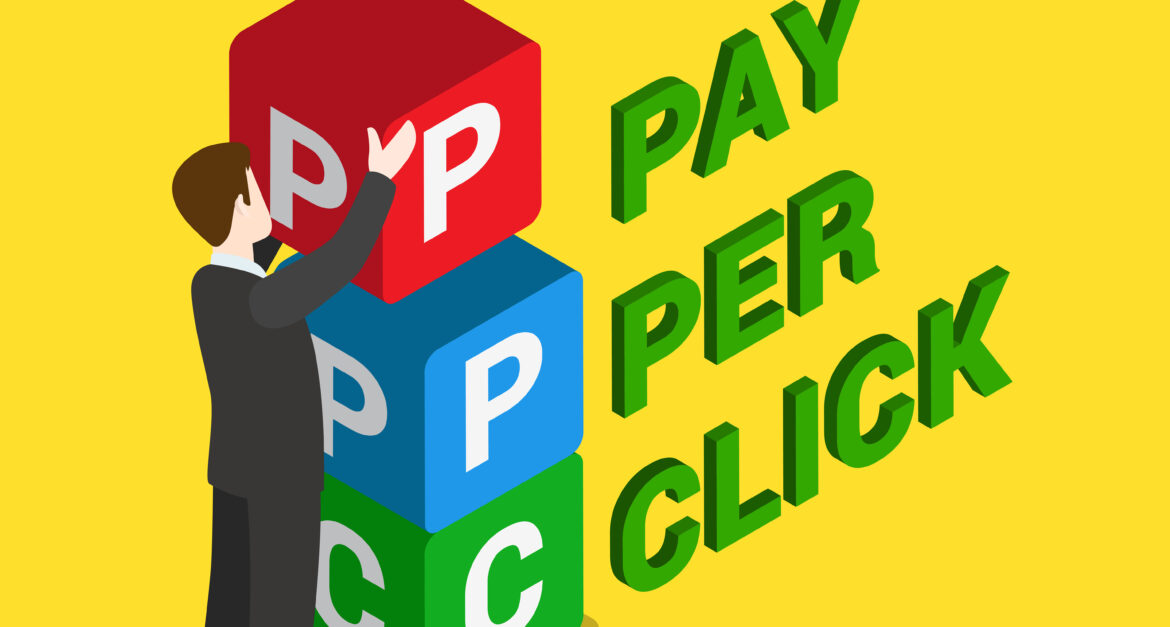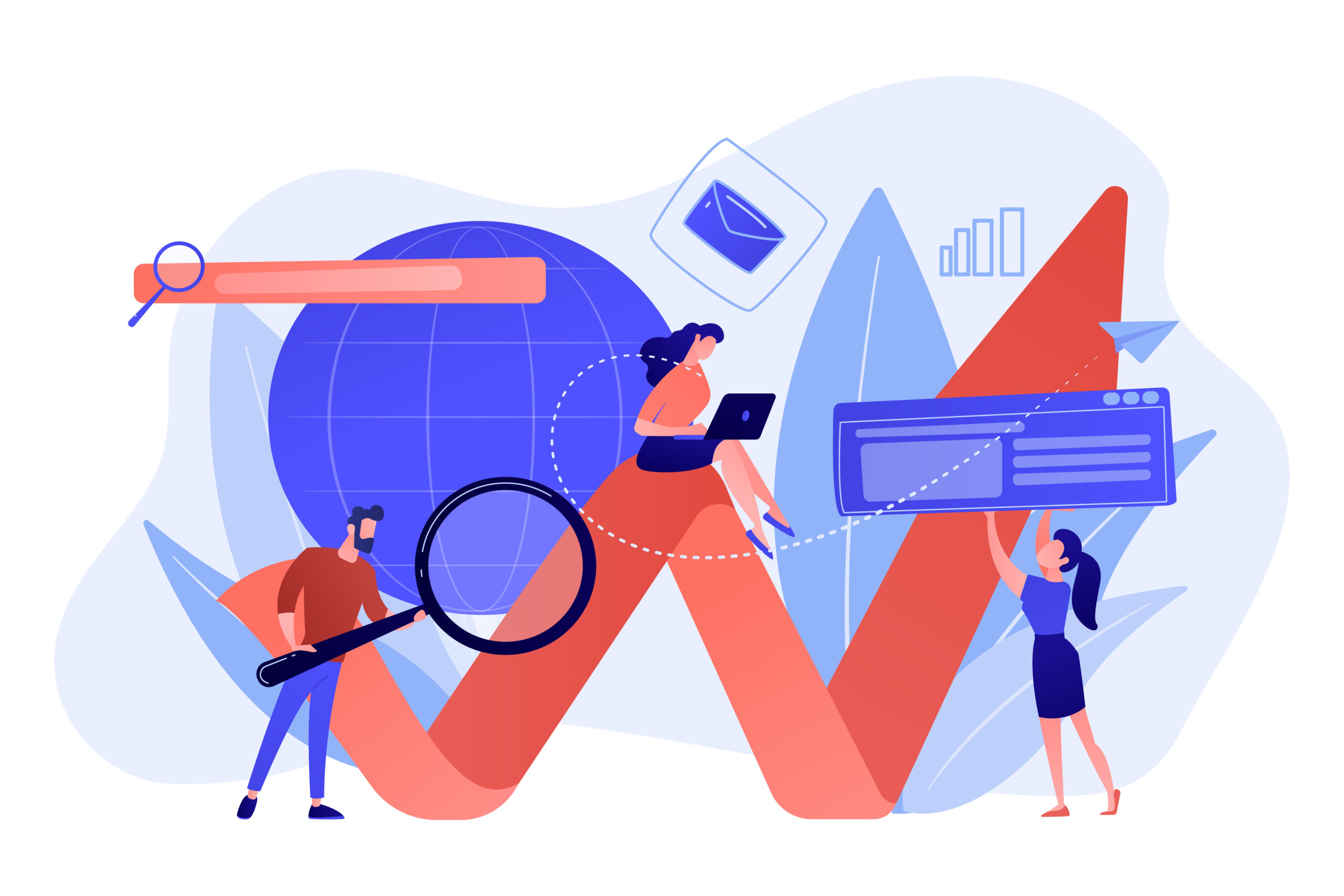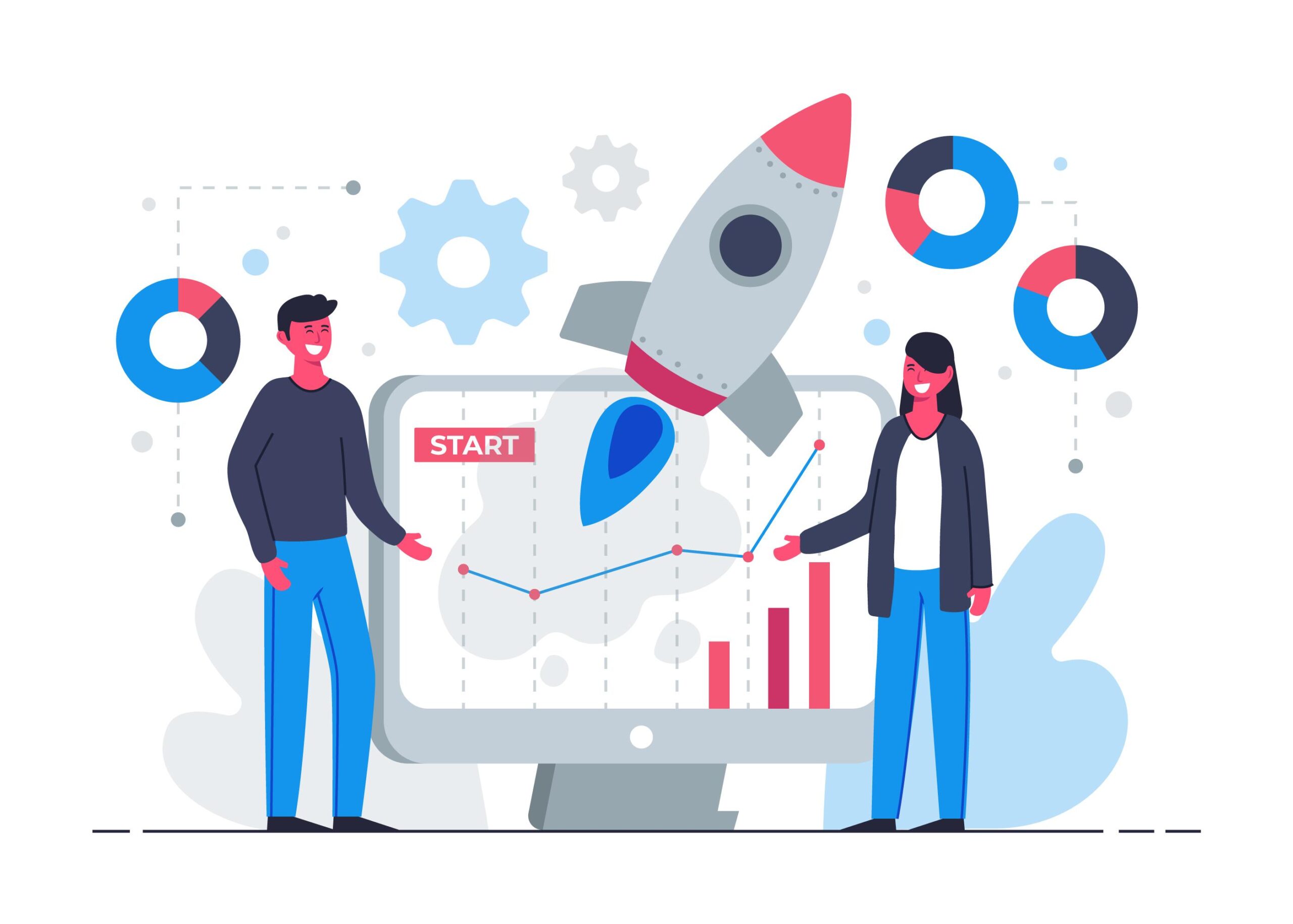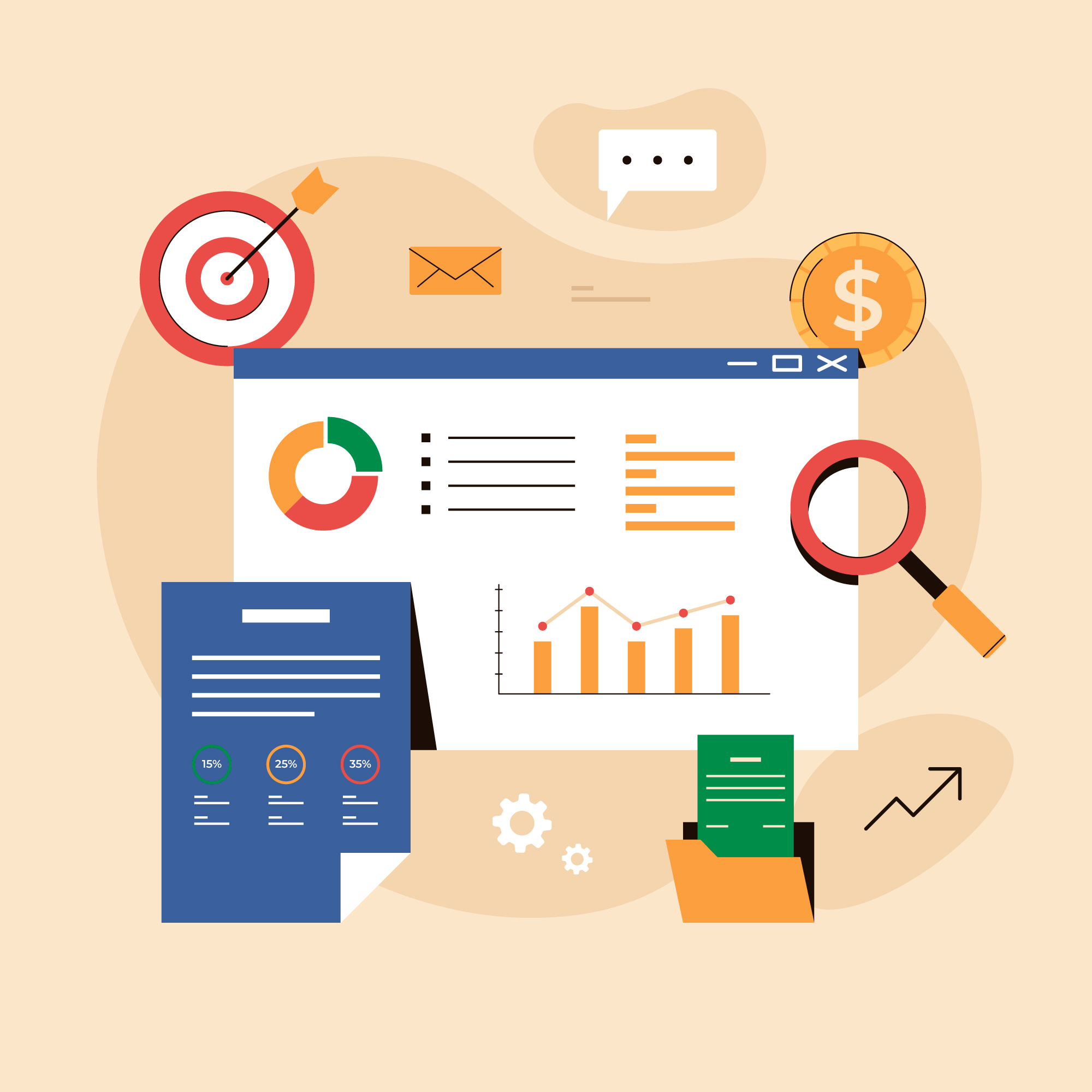
In the ever-evolving digital landscape, businesses are constantly seeking ways to stand out from the competition. One of the most effective strategies in the digital marketing toolkit is Pay-Per-Click (PPC) advertising. PPC is a powerful method that enables businesses to reach their target audience quickly and efficiently by paying for clicks on their ads. In this blog, we’ll dive deep into the world of PPC, its benefits, and how it can transform your digital marketing strategy.
What is PPC?
PPC is a type of digital marketing where advertisers pay a fee each time their ad is clicked. Unlike organic traffic, where you work hard to “earn” visits, PPC allows you to buy visits to your website. The most popular form of PPC is Google Ads, but it can also be seen on social media platforms like Facebook, Instagram, and LinkedIn, as well as search engines like Bing.

How Does PPC Work?
PPC operates through an auction-based system where advertisers bid on specific keywords that their target audience is searching for. When a user searches for a keyword, an ad auction occurs, and the search engine decides which ad to display based on the bid amount, ad quality, and relevance to the searcher.
The two most popular types of PPC campaigns are:
- Search Ads: These are text-based ads that appear at the top of search engine results pages (SERPs) when someone searches for relevant keywords.
- Display Ads: These are image or video-based ads that appear across websites, apps, and social media platforms.
The Benefits of PPC in Digital Marketing
-
Instant Traffic & Results One of the main reasons businesses choose PPC is the ability to generate instant traffic. While SEO strategies take time to show results, PPC ads can start driving visitors to your website immediately after launch. This quick turnaround can be essential for time-sensitive campaigns, such as product launches or promotions.
-
Highly Targeted Audience PPC campaigns allow you to target your ideal customers based on various factors like demographics, location, interests, and even device types. This ensures your ads are seen by the right people at the right time, leading to higher conversion rates.
-
Cost-Effective PPC campaigns give you control over your budget. You only pay when someone clicks on your ad, making it a cost-effective marketing approach. Additionally, with the right optimizations, you can reduce your cost-per-click (CPC) over time while increasing the quality of your leads.
-
Measurable & Trackable One of the biggest advantages of PPC advertising is that it’s easily measurable. With tools like Google Analytics, you can track metrics such as impressions, clicks, conversions, and more. This data allows you to optimize your campaign to improve performance continually.
-
Brand Exposure Even if users don’t click on your ad, it still serves the purpose of brand exposure. Every time your ad appears in search results or on a website, it increases your brand visibility and strengthens your presence online.

Best Practices for a Successful PPC Campaign
Keyword Research A successful PPC campaign begins with thorough keyword research. It’s crucial to choose the right keywords that align with your business goals. Tools like Google Keyword Planner or SEMrush can help you identify relevant keywords with high search volume and manageable competition.
Compelling Ad Copy Writing compelling ad copy is essential to attract users’ attention. Your ad should clearly communicate the value of your product or service, include a strong call-to-action (CTA), and be relevant to the keywords you’re targeting.
Optimize Landing Pages The success of a PPC campaign doesn’t end with the click. You need to ensure that the landing page users are directed to is optimized for conversions. It should be fast, mobile-friendly, and aligned with the ad’s messaging.
Monitor and Adjust PPC is not a set-it-and-forget-it strategy. Regularly monitoring your campaign’s performance is key to success. Analyzing click-through rates (CTR), cost-per-click (CPC), and conversion rates will help you make informed decisions to optimize your ads and maximize ROI.
PPC and SEO: A Winning Combination
While PPC can generate quick results, combining it with SEO can provide long-term benefits. SEO focuses on organic traffic, while PPC targets paid traffic. When both strategies are used together, they can complement each other, driving more traffic and increasing your business’s visibility. For example, a well-optimized website will reduce your PPC costs over time, while PPC ads can provide insights into which keywords are performing well organically.

Conclusion
PPC in digital marketing is a game-changer for businesses looking to achieve quick, measurable, and targeted results. With the right strategy, it allows you to reach your ideal audience, control your budget, and optimize your campaign for maximum return on investment. Whether you’re a small business or a large enterprise, integrating PPC into your digital marketing strategy can drive growth and help you stay ahead of the competition.
If you’re ready to start leveraging the power of PPC, consider partnering with a professional digital marketing agency like Us to help you craft, manage, and optimize your campaigns for success.







1 Comment
Mastering Digital Advertising: Tips for Success - Ixora Solutions
[…] PPC is one of the most widely used forms of digital advertising. In this model, advertisers pay a fee each time their ad is clicked. Google Ads is the leading platform for PPC, allowing businesses to bid for ad placement in search engine results based on keywords. […]